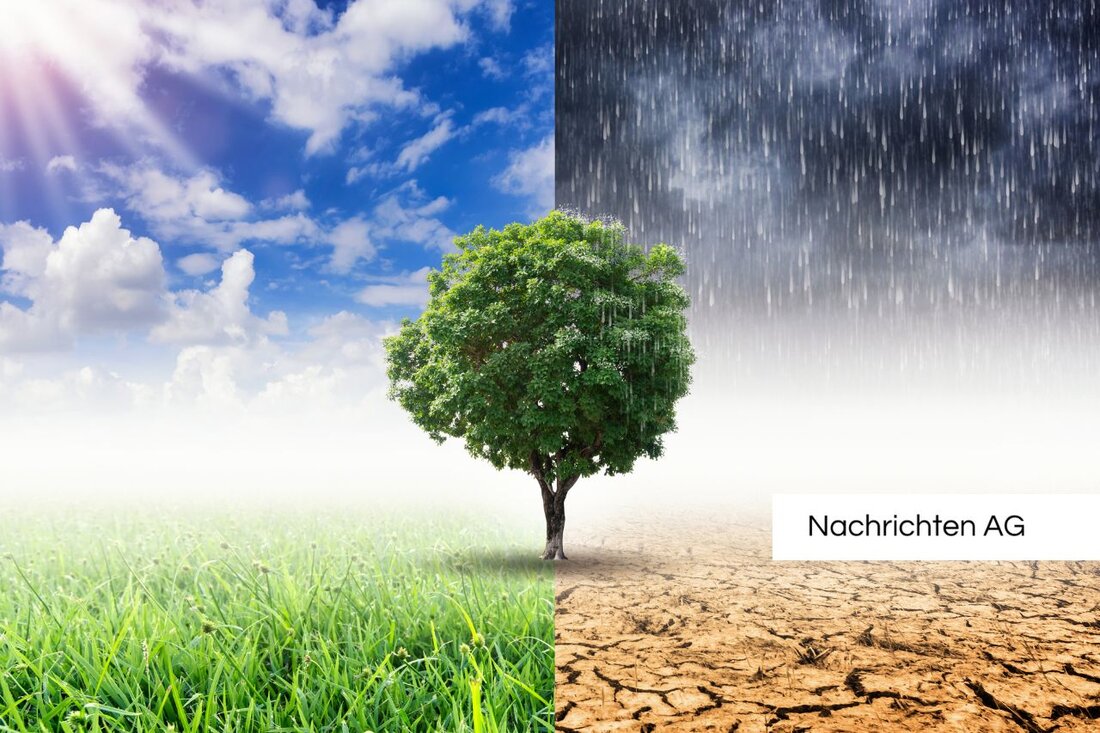New professor brings a breath of fresh air to marine research in Bremen!
On March 25, 2025, Joke Lübbecke will become a professor of physical oceanography at the University of Bremen and researches ocean currents in climate change.

New professor brings a breath of fresh air to marine research in Bremen!
With effect from March 2025, the University of Bremen has established a new scientific area in the physics/electrical engineering department: Professor Joke Lübbecke has taken over the management of physical oceanography. Their expertise will be particularly important with regard to changes in ocean currents and temperature dynamics in the upper ocean. This is particularly important in the context of climate change, which is increasingly impacting our marine ecosystems. uni-bremen.de reports that after completing her doctorate at the IfM-GEOMAR Helmholtz Center for Ocean Research, Lübbecke is working on the processes that lead to heat waves in the ocean and their complex interactions with climatic changes.
Lübbecke's research will focus on the tropical Atlantic and Pacific. Extreme temperatures at the sea surface lead to significant changes in precipitation patterns, influence weather events and affect the marine ecosystem. These aspects are not only of scientific interest, but also socially relevant, as the ocean makes up 71% of the Earth's surface and plays a key role in mitigating extreme weather, oxygen production and carbon storage.
The challenges of ocean research
The role of the oceans in climate change is influenced by a variety of factors. Loud oceanfdn.org Rising greenhouse gas emissions are increasing impacts on coastal and marine ecosystems through temperature changes and ice melt. This triggers changes in ocean currents and weather patterns, not only endangering marine life but also impacting food supplies.
A worrying trend is the increase in ocean acidity, which has increased by 30% in the last 200 years, driven by human carbon emissions. While the ocean acts as an important carbon sink, it is increasingly absorbing the negative impacts of climate change, including warming water temperatures and the rise of hypoxic zones characterized by oxygen deficiency.
The role of science in climate change
Prof. Lübbecke shows particular interest in supervising doctoral students and in close interaction with students. In Bremen, she will lead a group of scientists who have extensive oceanographic expertise. This collaboration is essential to address the challenges of climate change from different perspectives and to develop innovative solutions.
Climate change not only has ecological, but also social and economic impacts. The global community needs to better integrate the interactions between the ocean and climate change into future policies to promote ocean health and ecosystem resilience. Organizations like the Ocean & Climate Platform are working to formulate policy recommendations adapted to the needs of the time. The findings of Lübbecke and her group could play a central role.

 Suche
Suche
 Mein Konto
Mein Konto